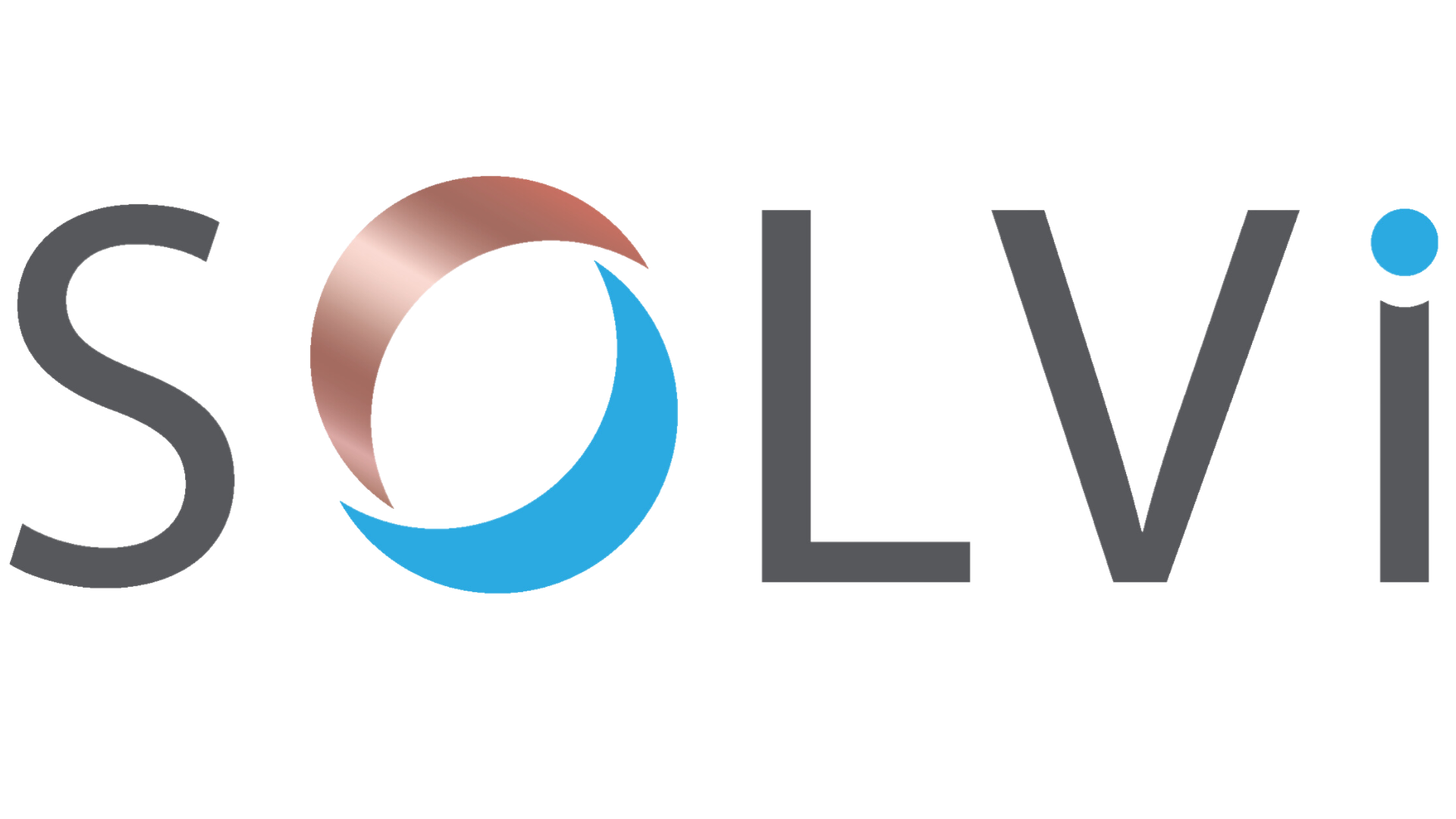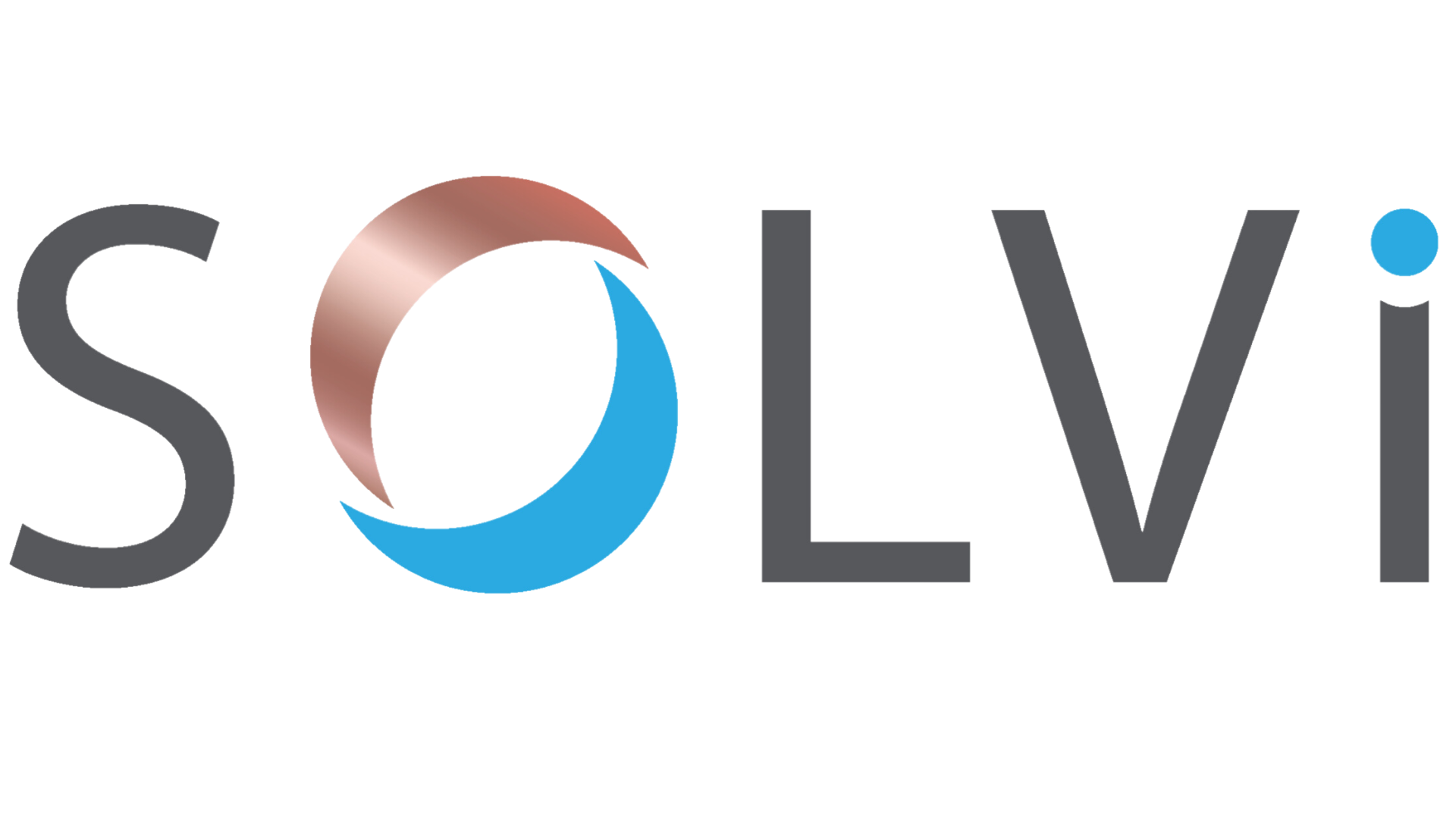
How long does the migration process take?
Migrating to Australia is an exciting prospect, offering a new life filled with opportunities and adventures. However, it’s crucial to understand the costs involved in this journey. One of the biggest mistakes people make is diving into the process without first determining if they meet the eligibility requirements. This can lead to significant financial outlay without any guarantee of success. In this blog, we'll explore the various costs associated with migrating to Australia.
Understanding Eligibility
Before you even think about the costs, the first step is to find out if you meet the eligibility requirements for migration. This isn't as straightforward as it seems, as there are numerous factors to consider:
Educational and Professional Requirements
For many visa subclasses, particularly skilled migration visas, you need to have certain educational qualifications and work experience. Some people may find that their current qualifications aren’t sufficient, meaning they may need to undertake further studies or competency examinations to meet the criteria.
Age and Health Conditions
Age is a significant factor in many visa applications. For example, the General Skilled Migration (GSM) program has an age limit of 45 years, in which case you may need to be sponsored under a type of labour agreement with age concessions. Health conditions, for both you and your dependents, can also impact your eligibility. Australia has strict health requirements to ensure that migrants do not place undue burden on the public healthcare system.
The Right Visa Strategy
With over 140 subclasses of visas, each with different application fees and eligibility criteria, it's essential to develop the right visa strategy. Sometimes, you may need to apply for multiple visas in sequence before achieving your ultimate migration goal. For instance, you might start with a temporary visa, such as a subclass 482 Temporary Skill Shortage visa, before transitioning to a permanent visa like the subclass 186 Employer Nomination Scheme visa. Each step in this process involves additional costs and requirements.
Understanding Your Migration Pathway
The time it takes to migrate to Australia also depends on your specific migration pathway. Here are the main pathways and their typical timelines.
Employer-Sponsored Visas
If you're migrating under an employer-sponsored visa, several steps must be completed before you can lodge your visa application:
Sponsorship and Nomination
Your employer must first become an approved sponsor and then nominate you for a specific role. This process can take several months, depending on the employer's familiarity with the process and the time it takes to gather the necessary documentation.Lodging the Visa Application
Once the sponsorship and nomination are approved, you can lodge your visa application. Processing times for employer-sponsored visas like the subclass 482 Temporary Skill Shortage visa can range from a few months to over a year, depending on the complexity of your case and the current processing priorities of the Department of Home Affairs.
General Skilled Migration (GSM)
The GSM pathway includes visas like the subclass 189 Skilled Independent visa and the subclass 491 and 190 Skilled Nominated visas. The timeline for these visas involves several stages:
Expression of Interest (EOI)
You must submit an EOI through SkillSelect. This step involves gathering and submitting detailed information about your skills, experience, and qualifications.
Invitation to Apply
You must wait for an invitation to apply for a visa. Invitations are issued periodically and are based on points rankings. The waiting time for an invitation can vary greatly, from a few weeks to several months, depending on your occupation and the current demand, and meeting the eligibility requirements does not guarantee you will be nominated.
Visa Application
Once invited, you can lodge your visa application. Processing times for GSM visas can range from a few weeks to over a year.
External Factors Affecting Processing Times
Several external factors can impact the time it takes to process your visa application:
Processing Priorities
The Department of Home Affairs frequently updates its processing priorities. Certain occupations and visa subclasses may be prioritised over others, affecting how quickly your application is processed.
Program Changes
Migration programs and quotas can change without notice, impacting the availability of invitations and the speed at which applications are processed. Staying informed about these changes is crucial.
Global Events
Events such as global health crises or political changes can significantly affect migration processing times. These factors are often beyond your control but should be considered when planning your migration.
The Importance of Planning and Patience
Migrating to Australia is not a quick process, and it's essential to approach it with careful planning and patience. Here are some tips to help you navigate the timeline:
Start Early
Begin preparing your documents and understanding the requirements as soon as possible.
Stay Informed
Keep up to date with changes in migration policies and processing times.
Seek Professional Help
Engaging a migration professional can save you time and reduce stress.
Be Patient
Understand that the process can take time and that delays are sometimes inevitable.
Conclusion
The time it takes to migrate to Australia varies significantly based on several factors, including your eligibility, the migration pathway you choose, and whether you engage a migration professional. While the process can be lengthy and complex, proper preparation and professional guidance can help you navigate it more smoothly and efficiently.
At SOLVi Migration, we are dedicated to helping you achieve your migration goals with expert advice and personalised support. Contact us today to get started on the right path and make your Australian dream a reality.
Ready to embark on your migration journey? Let SOLVi Migration guide you every step of the way. Get in touch with us today and let’s get started!


About Rhea Fawole
Rhea's passion to establish SOLVi Migration cane from 12 years of working in senior roles at the Australian Immigration Department, including in the Immigration Minister's office. She also gained an abundance of government liaison and Australian government policy experience in other agencies.
SOLVi Migration has been founded with a vision to collaborate with Australian businesses and skilled workers who want to migrate to Australia.
Contact Us
PO Box 727 Paradise Point QLD 4216 Australia 13000 SOLVI (+61 1300 076 584)
All RIGHTS RESERVED LIABILITY LIMITED BY A SCHEME APPROVED UNDER PROFESSIONAL STANDARDS LEGISLATION. LEGAL PRACTITIONERS EMPLOYED BY SOLVI PTY LTD (ABN 16 658 861 182) ARE MEMBERS OF THE SCHEME.
The information published on this webpage should not be taken as legal advice rather it should be considered for information purposes only.
COPYRIGHT © 2022 SOLVI PTY LTD
Contact Us
All RIGHTS RESERVED LIABILITY LIMITED BY A SCHEME APPROVED UNDER PROFESSIONAL STANDARDS LEGISLATION. LEGAL PRACTITIONERS EMPLOYED BY SOLVI PTY LTD (ABN 16 658 861 182) ARE MEMBERS OF THE SCHEME.
The information published on this webpage should not be taken as legal advice rather it should be considered for information purposes only.
COPYRIGHT © 2024 SOLVI PTY LTD














